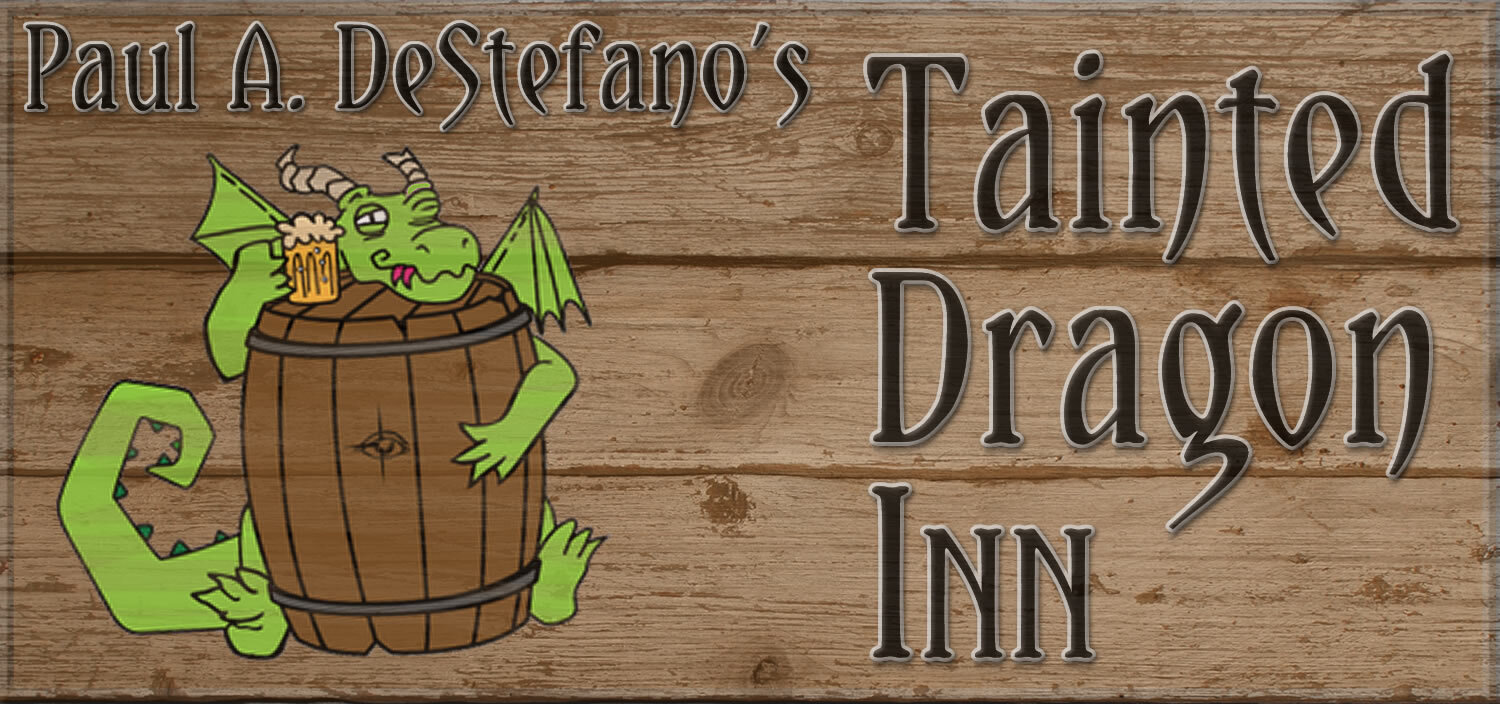Component/Mechanic based Games
Dice, Card, board
Some games are best defined by their lead component. Card games use cards, dice games use dice. If the primary action in a game is defined by the use of that singular component, then it’s a fair classification. Many modern games defy this classification. Summoner Wars has a hand of cards, but those cards may become pieces on the board for a wargame style play. It’s more a game with cards than a card game. Card games can have other components, often counters of some sort, but a hand of cards that you add to and play from is generally a decent guide.
The goals of component based games may overlap greatly with other games. Certainly card wargames exist. And yes, Miniatures games are clearly defined by a major component type as well.
Mechanics is a strange word in the gaming world. It essentially means classification of some type of rule. Rolling dice to move is a mechanic. Trick taking in card games is a mechanic. Many games defy classification cleanly or use some mechanics to some degree. Here, we’re only trying to keep with mechanics that strongly define a given game.
Auction: At some point, players make either public or hidden bids for some game advantage.
Character Based: Players each control some sort of individual or team. Might be a might barbarian on a quest or a doctor seeking a cure. Often these roles give players different powers and ways to bend the rules. Common for adventure games.
Deck Building: You add and possibly remove cards from a personalized deck of cards during play.
One Vs Many: In a multiplayer game, the teams are uneven, with one player on one side against every other player. This often simulates a game master in role playing games.
Racing: Not quite a mechanic as a category, the player who achieves a given goal, usually by movement, wins.
Roll And Move: When the distance you proceed is randomly determined. Note that it is always called roll and move, even if its by drawing cards, like Sorry.
Social Deduction: Players have hidden information or identities that must be deduced by other players.
Tile Laying: Placing some sort of tiles in a given pattern, similar to dominoes.
Traitor: At some point in a cooperative game, someone will be revealed to be not so cooperative.
Worker Placement: You choose available actions by claiming spaces on the board and doing what it says.
TLDR: If it depends primarily on a singular component or mechanic type (Card/dice/etc), its probably that type of game.


